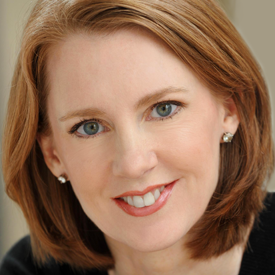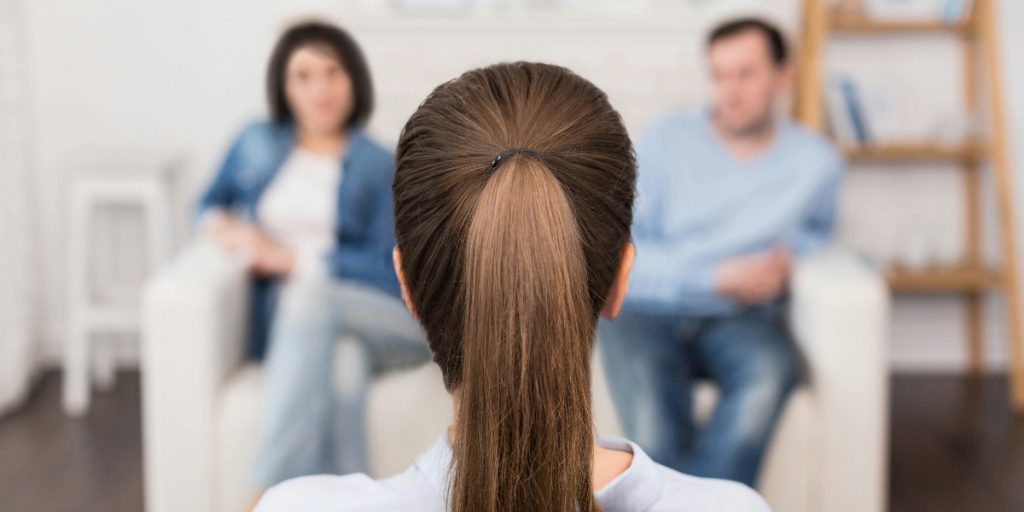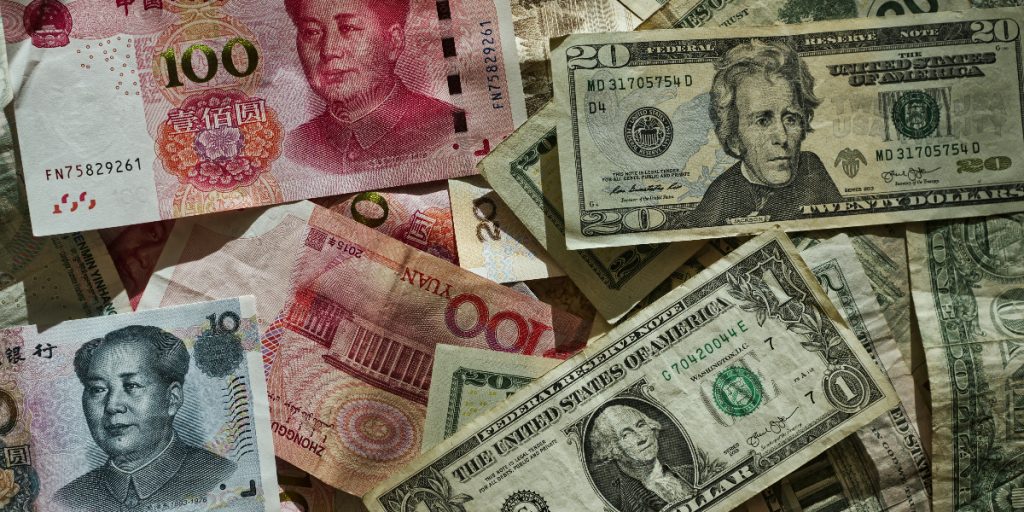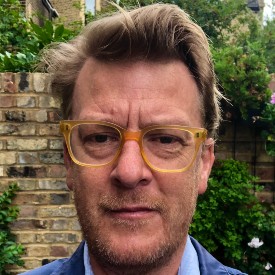It’s very easy to fall into the happiness trap of false choices–of thinking you can either do X or Y, and that’s the choice you have to make.
False choices are tempting for a couple of reasons. First, instead of facing a bewildering array of options, you limit yourself to a few simple possibilities. Also, the way you set up the options often makes it obvious that one choice is the high-minded and reasonable choice, and one is not.
But although false choices can be comforting, they can leave you feeling trapped, and they can blind you to other choices you might make.
“I’d rather have a few true friends instead of tons of shallow friends.”
You don’t have to choose between a “real” few and “superficial” many. I have intimate friends and casual friends. I have work friends whom I never see outside a professional context. I have childhood friends whom I see only once every ten years. I have several friends whose spouses I’ve never met. I have online friends whom I’ve never met face-to-face. These friendships aren’t all of equal importance to me, but they all add warmth and color to my life.
Trending: Best Happiness Books of 2025 (So Far)
“I think it’s more important to worry about other people’s happiness, instead of thinking only about myself and my own happiness.”
Why do you have to choose? You can think about your happiness and other people’s happiness. In fact, as summed up in the Second Splendid Truth, thinking about your own happiness will help you make others happy. And vice versa!
“Either I can be financially secure, or I can have a job I enjoy.”
“If I don’t want to live in a chaotic, clutter-filled house, I need to get rid of all my stuff.”
“I’d rather have an interesting life than a happy life.”
“It’s more important to be authentic and honest than it is to be positive and enthusiastic.”
Trending: Why Rest is the Biggest Productivity Hack for Your Brain
Can you find a way to be authentically enthusiastic or honestly positive? In my experience, it’s often possible, though it can take a little extra work.
“I can care about people, or I can care about possessions.”
From Eleanor Roosevelt: “Happiness is not a goal; it is a by-product.”
Happiness is a goal and a by-product. Nietzche explained this well: “The end of a melody is not its goal; but nonetheless, if the melody had not reached its end it would not have reached its goal either. A parable.”
One of my Secrets of Adulthood is “The opposite of a great truth is also true.” Sometimes, the falsity of a false choice comes from the fact that both choices are true. I have more time than I think and less time than I think. I can accept myself and expect more from myself. I want an empty shelf, and I want a junk drawer.
Trending: How to Break Free From the Ambition Trap
In further illustration of that point, false choices themselves can sometimes be unhelpful but at other times, helpful.
A false choice can be an indirect way for you to figure out what you really want; the way you’ve framed the question reveals the path you want to take. For instance, a reader emailed me and, after a long explanation of his situation, wrote, “So the question is: do I decide to risk everything to pursue a life of meaning and happiness, or do I stay stuck in my boring job?” That may have been a false choice, but in any event, it was pretty clear he’d made his decision!
A version of this article originally appeared on Gretchen Rubin’s website.






























